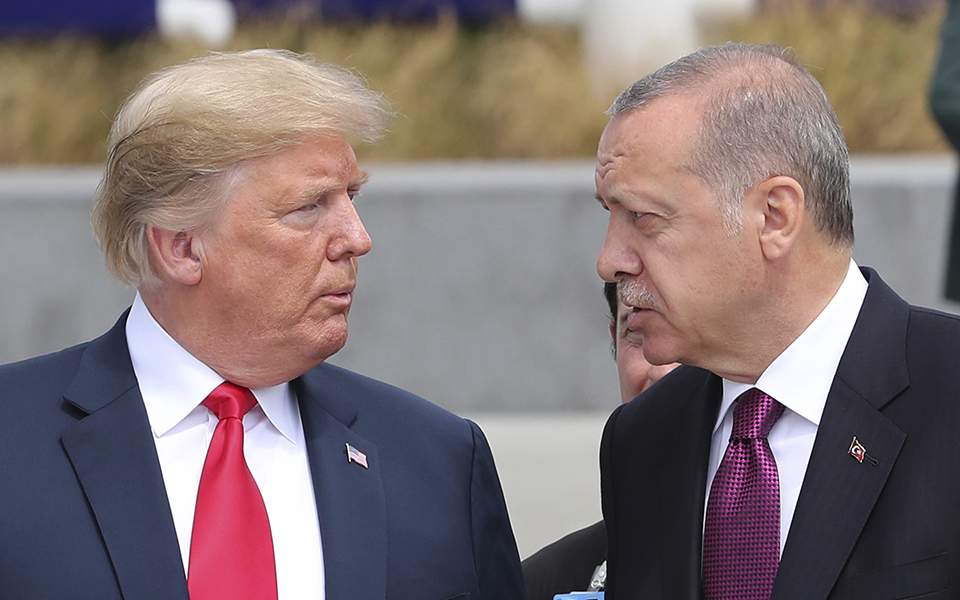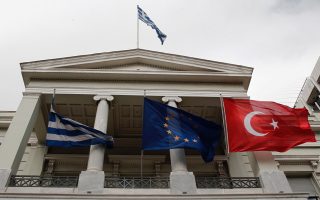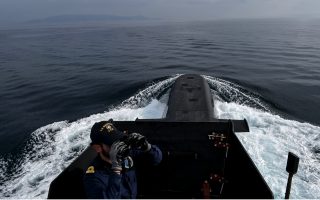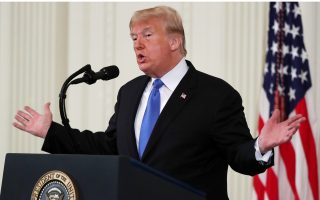Trump, Erdogan and tensions in the Aegean and Cyprus

Understanding the dangers that loom as a result of the latest developments in the Eastern Mediterranean, Washington is exerting its influence. However, sound assessments and solid predictions cannot be made given the uncharted territory in which US-Turkish relations are now moving.
Meanwhile, the bureaucracy, including the Pentagon, is furious over the case of the Russian S-400 weapons systems. Clear messages are being sent out. On a symbolic level, statements are made about “provocative actions.” At the same time, officials here in Washington insist that they mean what they say and are moving to the next phase, drafting sanctions targeting the Turkish economy. Nevertheless, almost everyone is conveying the message that the US does not want to “lose” Turkey.
Geopolitically speaking, they do not want the hitherto secular and Western-style democracy – with all its particularities and weaknesses – and significant ally to mutate into an authoritarian regime like Pakistan. Still, Turkish President Recep Tayyip Erdogan’s hatred of the West, in tandem with the intensely Islamic traits of his personality and his neo-Ottoman vision, is transforming this large country into a destabilizing factor in the region.
As far as Greece and Cyprus are concerned, the Americans emphatically acknowledge – and not just in private conversations but in public statements – that the strategic choices of Athens and Nicosia – in the current situation of increased tensions – are moving in the right direction. Moreover, Washington’s recent cooperation with Athens has been excellent and there is the belief that this will continue under a government led by Kyriakos Mitsotakis. Some friction, mainly of a personal nature, has been overcome and plans for cooperation with the new government are already being drafted.
The democratic axis of Jerusalem, Nicosia and Athens has developed on a solid foundation and across party lines – something rare in the case of Greece. This allows for long-term planning and a plethora of actions – ranging from joint military exercises and information exchange to commercial cooperation. Many steps have been taken in the right direction with the US and the European Union.
Steps can also be taken toward the United Nations with the submission of geographic coordinates marking the outer boundaries of the Greek continental shelf in the Eastern Mediterranean. However, Erdogan knows that the strongest player – regarding a wide range of issues from the economy to geopolitics – is the US. The Congress and the bureaucracy are not enough. The de facto most important factor is the president.
Donald Trump is unpredictable. It takes a tweet to overturn policies decided by federal agencies and departments. Furthermore, he has shown that he admires Erdogan’s hegemonic style. Within this context, the meeting between Trump and Erdogan in a week’s time on the sideline of the G-20 summit in Osaka will be of decisive significance for US-Turkish relations. It will also influence the equation in the Eastern Mediterranean.





